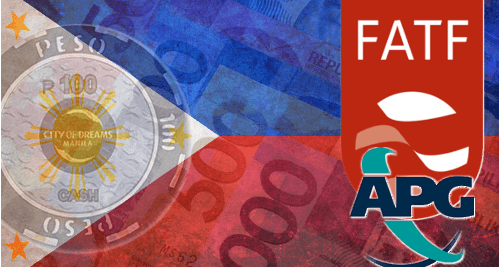
Philippine Land-Based and Online Operators Will Face New AML Rules
The gambling industry in the Philippines is getting ready to face Anti-Money Laundering (AML) rules for the first time in its history. These requirements are aimed at getting unrestrained casinos and online operators under control.
A bill that should implement AML rules was passed by the Philippine Senate on the 24th of May. It is expected to face the final readings this week, as the bill should be passed and implemented until July when Asia-Pacific Group on Money Laundering (APG) meeting takes place.
This law obligates operators, including online and ship-based ones, to inform about single P5 million ($100,000) cash transactions. This requirement is not as strict as that of previous bills, which offered to fill reports about all deposits of P150,000 ($3,200). It is worth noting that US operators should report all transactions over $10,000, therefore above-mentioned legislation is quite lenient.
“The necessity of including casino industry under the Anti-Money Laundering Act grew significantly after the cyber-theft”
This bill also allows the government to establish a good rapport with Financial Action Task Force (FATF), an international organization that has been criticizing freewheeling behavior in term of gaming operations. If the Senate fails to pass the bill, FATF will most likely include the gambling industry of this country on AML blacklist. This sanction from FATF will result in the increase of banking costs for the sums remitted by Filipino workers from abroad, and this is 9.8% of GDP on the Philippines.
The necessity of including gambling under the Anti-Money Laundering Act grew significantly after the cyber-theft from the central bank in Bangladesh. Over $100 million were stolen, and more than $81m of them flew through Philippine casino industry.




